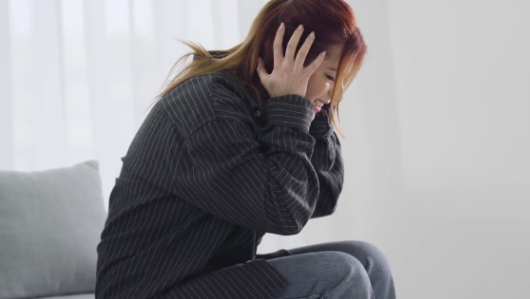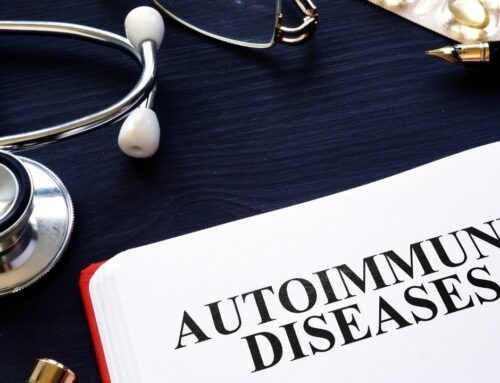We all know that stress is just a part of life. We all have moments of feeling anxious or depressed, but when those feelings become more of a permanent fixture in our lives, it is time to get some help. What many may not know is how effective acupuncture can be in providing relief to the mental and physical symptoms associated with anxiety and depression. I will discuss acupuncture for mental health.
In fact, a 2010 study states: “Depression and anxiety together constitute a significant contribution to the global burden of disease. Acupuncture is widely used for treatment of anxiety and depression and use is increasing. The theoretical basis for acupuncture diagnosis and treatment derives from traditional Chinese medicine theory. An alternative approach is used in medical acupuncture which relies more heavily on contemporary neurophysiology and conventional diagnosis.”
The Balance of Chi & a Physiological Response
The pressures of life that lead to too much stress can impact the balance of Chi in the body. Chi is often defined as the body’s energy and flows through channels in the body called meridians. When our bodies are balanced, chi flows through the meridian network and our systems are operating as they should be. When chi is not balanced, we can experience a host of physical symptoms including high blood pressure, digestive issues, loss of appetite, and impacts to our nervous system.
Perhaps the best way to think of it is that acupuncture can balance the nervous system and train it to behave as optimally as it should to relieve those symptoms of stress, anxiety, and depression. Studies have shown that acupuncture can have a positive impact on heart rate variability which then leads to a healthy central autonomic network.
Like what you’re reading so far? Check out our full podcast episode on Mental Illnesses and Acupuncture!
It is also important to note that anxiety and depression can elicit both emotional and physical symptoms. Emotional symptoms include feeling overwhelmed, agitated, or moody, trouble quieting the mind, feelings of worthlessness that then lead to avoiding social situations and other people. Physical symptoms include lack of energy, headache, digestion issues, body aches and pains, rapid heartbeat, insomnia, nervousness, frequent sickness, and cold sweats, just to name a few of the most common complaints.
If you suffer from feelings of anxiety and depression, talk to your acupuncturist to develop the appropriate treatment plan. Studies have shown that the right “dose” of acupuncture was the key in helping patients see results and a reduction of the symptoms of stress and depression. “Dose” is defined as both the number of treatment sessions overall, as well as the number of acupuncture points addressed in each session. Studies have also shown that acupuncture can help to get heart rate variability back to an optimal range which can help improve issues with heart disease, hypertension, anxiety and depression, insomnia, migraines, and muscle pain — all physical signs of stress. Learn more of acupuncture for mental health:







Leave A Comment